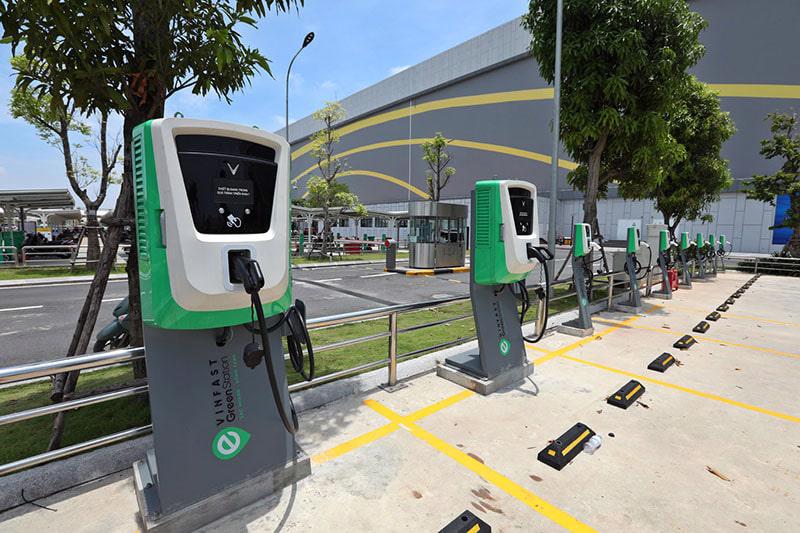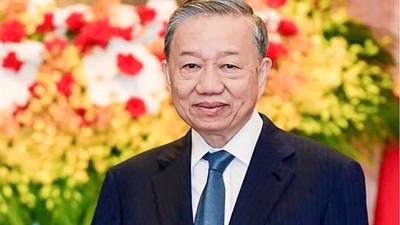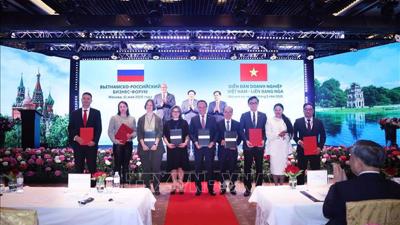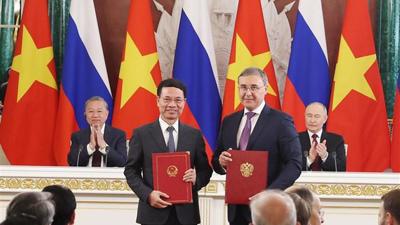Vietnam announces eleven standards for electric vehicle charging stations
Standards crafted based on equivalent standards from around the world.

The Ministry of Science and Technology (MoST) has announced the development and issuance of eleven Vietnamese standards for electric vehicle (EV) charging stations, comprising nine standards on charging stations and two on EV battery swapping.
This information was provided in official documents, specifically Document No. 149 signed by Minister of Science and Technology Huynh Thanh Dat on January 18 in response to recommendations from constituents in south-central Binh Dinh province, and Document No. 148 responding to constituents in north-central Thanh Hoa province regarding standardization and technical regulations for EV charging stations. These matters were raised during the sixth session of the 15th National Assembly last November.
The standards have been crafted based on equivalent standards of the International Organization for Standardization (ISO) and the International Electrotechnical Commission (IEC). There are currently five charging standards from Europe, the US, Japan, and China, and a global standard based on Tesla’s development, covering both AC (alternating current) and DC (direct current) charging stations.
Experts have recommend strong government support for EV manufacturers, charging station providers, and citizens. Prioritizing charging infrastructure on high-traffic routes has been emphasized, along with investments in power grid infrastructure to meet the expanding demand for charging stations.
Furthermore, MoST is developing 18 standards related to EV charging stations and associated electrical devices such as charging heads, cables, and energy measurement devices for EV batteries. Additionally, there are revisions and supplements to certain provisions of Regulation No. 23, issued in 2013, which governs measurements for Group 2 vehicles. The supplementary content, “Electric vehicle battery charging measurement devices”, is expected to be released this year.
The document also highlights MoST’s future plans, along with those of relevant research departments to formulate and enact policies supporting investors in developing EV charging infrastructure and encouraging the use of this type of vehicle.
Vietnam currently lacks policies supporting the development of a charging station network, leaving demand among citizens unmet. At a forum promoting EV development held in November 2023, Pham Hoai Chung, Deputy Head in Charge of the Institute for Strategy and Development of Transportation, revealed that there are currently 20,065 EVs that have been produced, assembled, imported, and certified in the country. This number is expected to grow, but the charging station network is severely lacking.
Various factors limit the development of charging stations around Vietnam, such as manufacturers having to fund their construction independently, leading to high costs and prolonged return on investment. Additionally, the limited surge in EV numbers has failed to attract charging station providers. Other societal and macro-level factors from government policies contribute to these restrictions in Vietnam’s charging station development.







